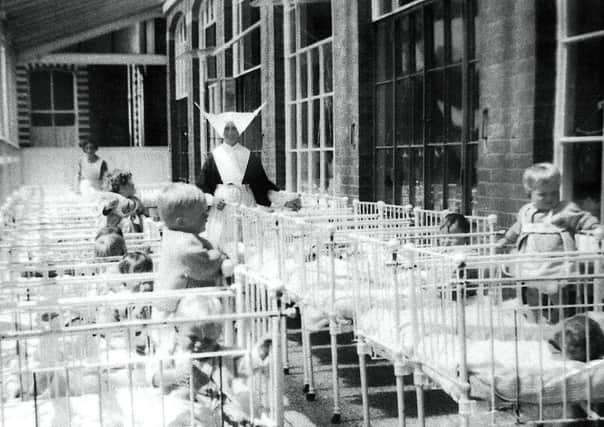Concern for child abuse claimants


The £10 million fund offers £10,000 payments to elderly or terminally ill people abused in care.
Figures published this week show there have been 120 applications for compensation since the scheme opened on 25 April. However, it is understood some survivors have experienced difficulties due to a lack of documentary evidence of their time in care.
Advertisement
Hide AdAdvertisement
Hide AdThe Scottish Child Abuse Inquiry has heard evidence of records being lost or damaged, while previous studies have suggested documents were systematically destroyed.
Labour MSP Johann Lamont, inset, said: “We have had some evidence that a lot of documentation has been destroyed, so what happens to people in those circumstances?
“We should be looking for reassurances that people who are dealing with the applications are aware of the kind of experiences survivors have been through when they make that phone call. These applications need to be handled very sympathetically.”
Last month the inquiry published an interim report, concluding that children were “physically abused and emotionally degraded with impunity” at homes run by Sisters of Nazareth. The report, by Lady Smith, said there was sexual abuse which reached levels of the “utmost depravity”.
She said Archbishop Emeritus Mario Conti, who was called to give evidence last year, had been told in confession in 1967 by a boy that he was being abused by a man at Nazareth House in Aberdeen.
The judge said the boy had hoped Father Conti, as he then was, would do something about it, but nothing happened and the abuser continued to have access to children.
This is the second in a series of interim findings by the inquiry, which has cost £21.5m to date.
Details of the interim redress scheme were outlined in the Scottish Parliament earlier this year, with applications expected to take around a month to be processed.
Advertisement
Hide AdAdvertisement
Hide AdSurvivors of child abuse, many now in old age, have been calling on the government to consider the issue of financial redress for many years.
However, there has been some criticism that the £10,000 figure being offered is “derisory”.
The initiative is only the precursor to a larger statutory scheme that will offer redress to all those who suffered abuse in care and could cost tens of millions of pounds.
Lamont added: “All of this is about building confidence in people who have been betrayed since they were children. I think John Swinney has been alive to that, I just hope he has people in place to make sure there are not hurdles put in the way of survivors which become insurmountable and reinforce that lack of trust they have.”
A Scottish Government spokesperson said: “We want advance redress payments to provide the maximum possible benefit for recipients. Almost 50 payments have been approved under the Advance Payment Scheme, with around another 70 being considered.”